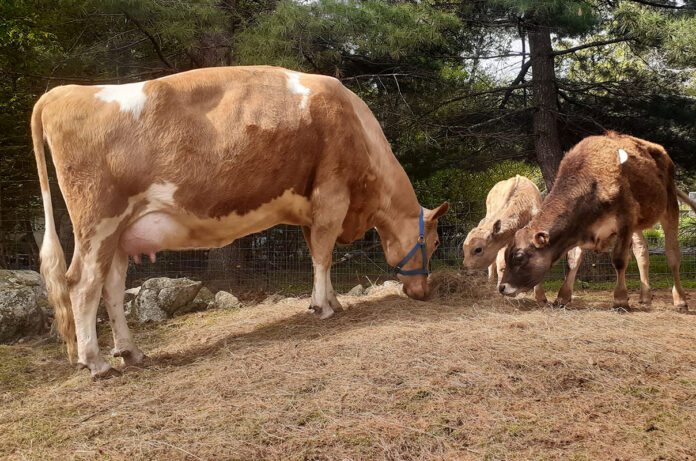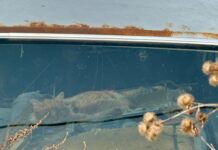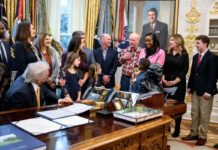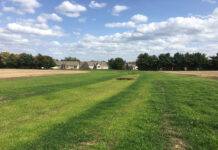
Just like people, livestock guardian dogs learn through what they are exposed to. Each experience allows them to grow and develop, by taking information about a specific situation and learning to apply it to life in general. This often starts early on with initial stock introductions and progresses through lambing or hatching seasons.
Each dog learns and processes information a little differently and that is never more apparent than when we add a new species of livestock. I recently bought a milk cow, named Holly. Although I have tried cattle in the past, the dogs did not actually live with them. They were always “over there.”
The relationship with a milk cow is very different. A milk cow tends to be in the middle of things in a way that cattle never will be. It was interesting to watch how each of my dogs handled the addition of a new animal, some of which had never seen a cow before. Age played a part, but there was still a fair amount of individual response.
Individuals
People often make the mistake of thinking stock is stock, or because the dogs are familiar with sheep, they will guard goats. Livestock guardian dogs have a very individualistic relationship with the animals they watch over. They know each one. Just because they have seen something similar does not mean they will accept the new situation without question.
My oldest dogs accepted the new addition, and also, the new arrangement. My two 4-year-olds, Tanaka and Sakura, accepted the cow. Sakura, however, was extremely skeptical of actually living with a cow. Holly is very low energy and well behaved, but her direct stare and slow forward movement made Sakura extremely uncomfortable.
Time
It is important in these situations not to push or force relationships. Given time and space, they will develop on their own. I tethered Sakura and gave her time to assess the new arrival. How she moved about the pen and what was “normal” behavior for this large lumbering addition. She got to see that the cow wasn’t actually coming for her. It’s just the way she moves about.
She watched me feed, milk and care for Holly twice a day. I can’t say they are best friends, but they have built enough of a relationship over the last month to cohabitate without stress.
New pasture buddy
I always find it interesting to see the dogs process information. Seven is my main sheep guardian and has a very close relationship with her flock. When we added the cow you could see her stand back and watch. She was ready in the event of a problem, but she didn’t immediately assume there would be one.
When the first few days proved uneventful, and the sheep unconcerned with their new pasture mate, you could almost see her shrug. As long as the sheep were fine, she could care less. Turns out she doesn’t even care for the milk. Who would have guessed?
My 1 year old, Reina, is a different dog altogether. She smelled Holly while she was still in quarantine, gave me a look I dubbed, “ugly horse,” and went about her day without missing a step.
Respect
I’ve since added two more youngsters to the herd. While Sakura continues to give me dirty looks on the sly, everyone else is settling in with only a few corrections when the young calves are too invasive. They will have a chance to build relationships and learn manners now, while they are small and no real threat to the dogs.
Because I do multi species grazing, I was extremely careful about picking temperaments that fit the farm, especially when I brought in the first adult. Smaller stock or dogs can be injured easily if it’s not a good fit. I don’t expect hugging. I do want mutual respect.










